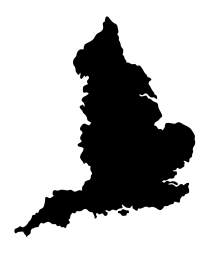Incubation period
4-21 days
Symptoms
Stiff jaw, Stiff abdominal and back muscles, Contraction of the facial muscles, Fast pulse, Sweating, Painful muscle spasms, especially near the wound area, Trouble swallowing
Possible complications
Eating and breathing problems, Vocal cord spasms, Broken bones, Pneumonia, High blood pressure or abnormal heart rate, Blood clot in a lung
About tetanus
Tetanus is a serious but rare condition (sometimes known as ‘Lockjaw’) caused by the toxin (or poison) of the spores of the Clostridium tetani bacterium getting into a wound. These spores are found all over the world in soil and manure. If they infect a wound, the toxin can cause painful muscle cramps, lockjaw (stiffness of the jaw muscles), and, if severe, spasms of the whole body which can lead to death. Tetanus cannot be caught from other people.
Tetanus symptoms
On average, tetanus symptoms start around 10 days after infection but can appear any time within four to 21 days.
One of the main symptoms is stiffness in the jaw muscles, which makes it difficult for you to open your mouth. This is why the illness is sometimes referred to as ‘Lockjaw’.
Other symptoms include painful muscle spasms that can make it difficult to breathe and swallow, a high temperature, sweating and a rapid heartbeat.
Possible complications
Tetanus is a serious and potentially life-threatening illness of the central nervous system. Complications can include:
- Vocal cord spasms
- Broken bones due to severe muscle spasms
- Breathing problems
- Pneumonia
- High blood pressure or abnormal heart rhythms
- Pulmonary embolism (blood clot in the lung)





